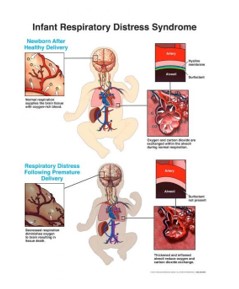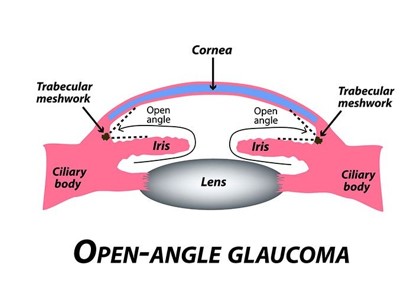Which symptoms will be most important for the nurse to assess for early signs of respiratory distress in the patient who has been given a neuromuscular-blocking agent?
Dyspnea, increased respiratory rate, and cyanosis.
Restlessness, anxiety, and lethargy.
Nasal flaring and retraction of intercostal muscles.
Pallor, stridor, and diaphoresis.
The Correct Answer is A
Dyspnea (difficulty breathing), an increased respiratory rate, and cyanosis (bluish discolouration of the skin and mucous membranes due to lack of oxygen) are early signs of respiratory distress that the nurse should assess for in a patient who has been given a neuromuscular-blocking agent. These medications can cause respiratory depression and compromise the patient’s ability to breathe effectively.

Nursing Test Bank
Naxlex Comprehensive Predictor Exams
Related Questions
Correct Answer is D
Explanation
Timolol eye drops are used to treat open-angle glaucoma by reducing intraocular pressure. It is important for the client to use the medication regularly as prescribed to maintain control of their condition.

Correct Answer is A
Explanation
When a client expresses confusion or uncertainty about their medication, the nurse should always verify the medication order to ensure that the correct medication is being administered. Option (a) is the best response in this scenario because it addresses the client's concern and ensures the medication being given is the correct one.
Option (b) stating that "this is the medication that your doctor wants you to take" does not address the
client's concern and may cause the client to feel dismissed.
Option (c) suggesting to "let me explain the purpose of the medication" is not necessary at this time since
the client is already aware of the purpose and is only concerned about the colour of the pill.
Option (d) stating that "sometimes the same pill comes in a different colour" is not appropriate because it does not address the issue of the client's confusion about the current pill being administered.
Whether you are a student looking to ace your exams or a practicing nurse seeking to enhance your expertise , our nursing education contents will empower you with the confidence and competence to make a difference in the lives of patients and become a respected leader in the healthcare field.
Visit Naxlex, invest in your future and unlock endless possibilities with our unparalleled nursing education contents today
Report Wrong Answer on the Current Question
Do you disagree with the answer? If yes, what is your expected answer? Explain.
Kindly be descriptive with the issue you are facing.
